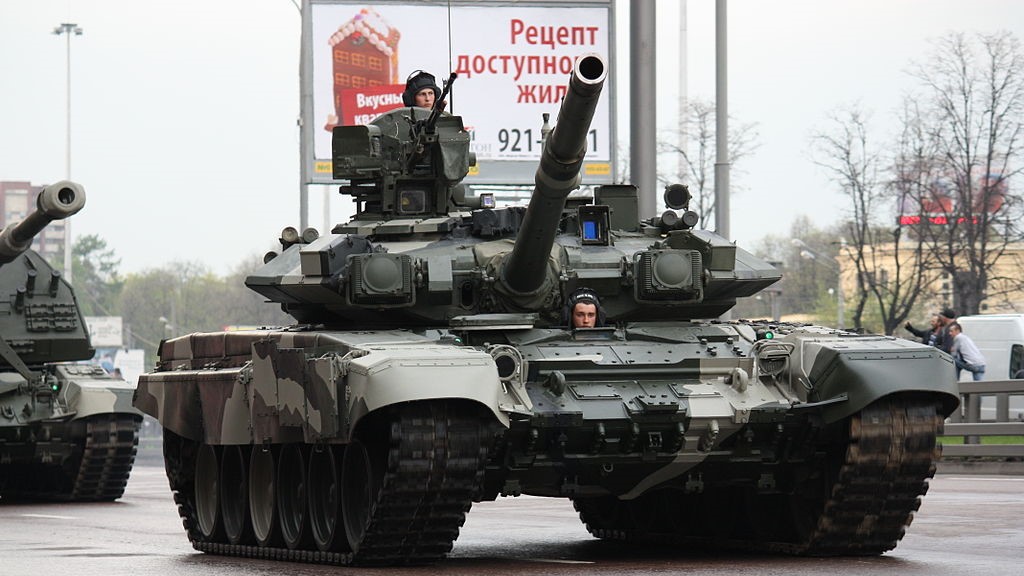The Estonian Foreign Intelligence Service’s annual report warns that Russia has created conditions on the Ukrainian border to launch a large-scale military attack.
The situation on Ukraine’s eastern border is tense and it is increasingly looking like Russia is preparing for a war. According to the report, “in autumn 2021 and winter 2022, Russia mobilised 150,000 men on the Ukrainian border. This is the single largest military build-up by Russia in the past 30 years.”
The war could be imminent as the military waits for the political elite to make their move. “In our assessment, the Russian Armed Forces are ready to embark a full-scale military operation against Ukraine from the second half of February. Once the military readiness has been achieved, only a political decision is required to launch the operation.”
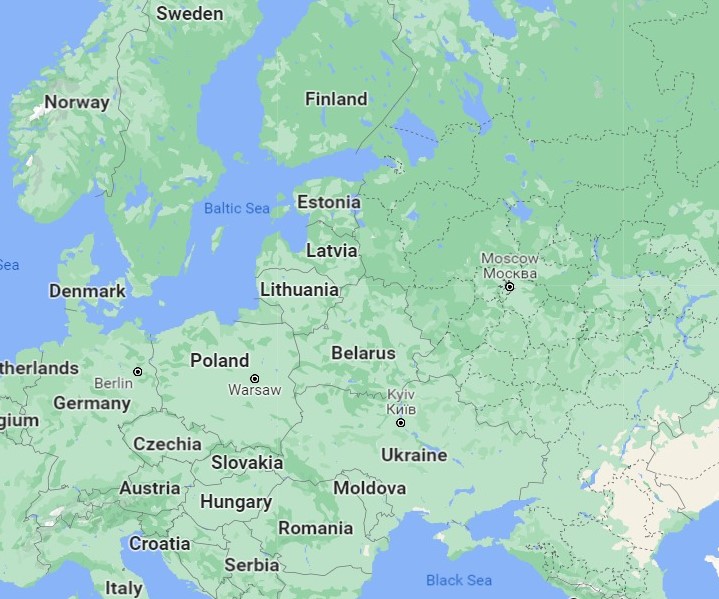
There is no direct threat to Estonia at the moment, but the unfolding events have a great potential to destabilise the region in the future. “Although war in Ukraine would not pose an immediate military threat to Estonia or NATO, Russia’s political and military pressure on the Baltic states could increase in the long term should Russia achieve diplomatic and/or military success on the Ukraine issue,” the report notes.
Moscow might be upping the ante due to Ukraine slipping from its sphere of influence
“Last year, Ukraine took significant steps towards securing its statehood and sovereignty, which worried the Kremlin and probably led to the view that hopes of a change of course by Ukraine were fading,” the report admits.
Since Ukraine has been distancing from Russia since 2014 and it is showing increasing efforts to be part of the West, Kremlin has become worried that it will soon have no control over the course of the events.
“In an article published on 12 July 2021, ‘On the Historical Unity of Russians and Ukrainians’, President Vladimir Putin openly explained his logic as to why Russia should not allow Ukrainians – and probably also many other nations – to make their own decisions and choose their own path of development. Ukraine’s progress in fleshing out a national identity for itself troubles the Russian president the most,” the report points out.
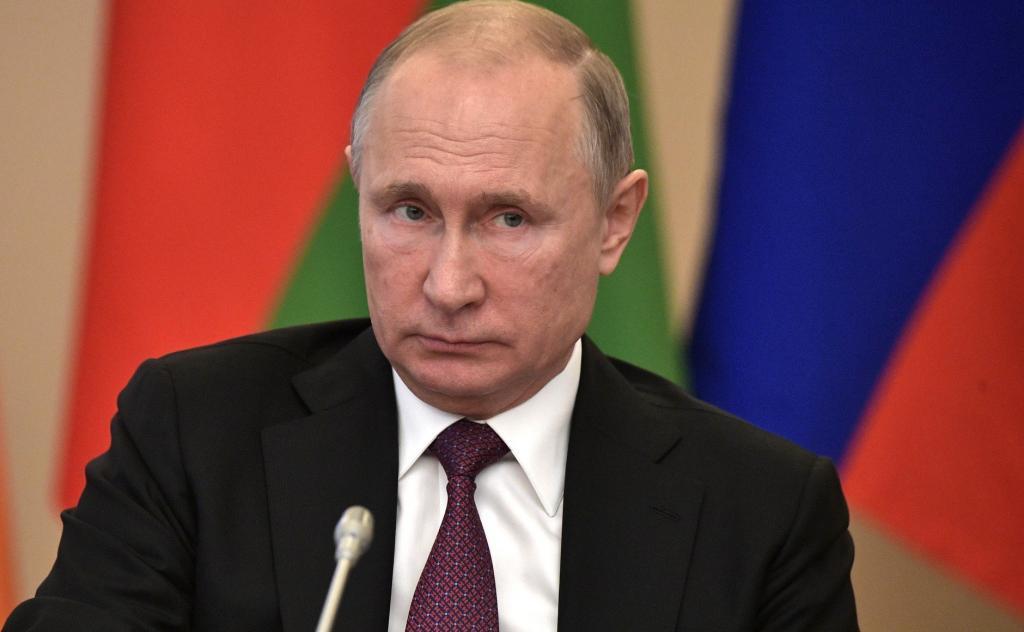
Russia’s foreign policy reflects of how it perceives the international order
Francis Fukuyama, an American political scientist, announced the “end of history” in his 1992 book, “The End of History and the Last Man”. He claimed that liberal democracies with free market capitalism were the ultimate forms of governing and it is only a matter of time until the rest of the world adopts this system.
It did seem for a while that his predictions might come true but with the rise of China and authoritarian regimes around the world it now seems more likely that the world is turning back to power politics dominated world order.
Russia sees the world from the realpolitik perspective where the Great Powers are competing with each other, and it has not much respect for liberal institutional norm-based world order.
The report notes, “the world is returning to the past – back to ‘normalcy’ as the Kremlin sees it – to politics based on the interests (or spheres of interest) of great powers. Soft power will be side-lined, and military capability along with the determination to use it will prevail. The demands regarding security guarantees Russia made to NATO and the United States in December of 2021 are carried by this spirit and backed by the looming threat of military action along the Ukrainian border.”
In this Russian realist world view, the interests of little states like Estonia do not matter. When Russia looks at Estonia, it sees the US sphere of influence. Similarly, it considers Ukraine to be part of its geopolitical realm and does everything it can to not let it slip away and become an ally of the West.

Russia has high-level cyber espionage units, and its targets are not adequately prepared
“Russia’s cyber espionage poses a major threat compared [with] most other countries as its special services have a long history of conducting cyber operations and are constantly exploring inventive new ways to breach information systems, develop malware and disguise their activities, while also continuing to use previously successful methods,” according to the report.
The intelligence report calls for caution by stating “to date, the targets of cyber operations have unfortunately failed to understand the need to continually maintain and invest in cybersecurity”.
The report assesses the Russian special services will continue their cyber espionage operations against Estonia and other Western countries into the foreseeable future. It is a well-established and efficient method of espionage. Therefore, the cyber threat from Russia will remain, but it can be mitigated by implementing cybersecurity measures.
Lukashenka could use the migrants as weapons again in the future against the EU
The sanctions that the EU posed against president Alyaksandr Lukashenka’s regime in Belarus were followed by coordinated attacks against the EU using migrants as weapons. Lukashenka organised flights for mostly Middle Eastern migrants to Belarus and then pushed them to the EU borders in Latvia, Lithuania and Poland.
He did not succeed and had to back off when it became obvious that the EU did not negotiate with him. The result of the crisis weakened his position much to the liking of Russia as the report states that “by acting against the EU, Lukashenka lost even the slightest chance to manoeuvre between the West and Russia. As a result, Russia’s negotiating position with Lukashenka became even more potent.”
“Against the backdrop of the hybrid attack, Russia used the opportunity to pressure Lukashenka into signing economic integration programmes within the Union State of Russia and Belarus framework on 4 November 2021,” the report points out.
Although the crisis is over for now, it does not mean Lukashenka has shied away from attacking the west with hybrid warfare methods. “Lukashenka’s hostility towards the West will grow in 2022 in our assessment, as his hybrid attack has not had the desired effect. Lukashenka will likely try to reuse as well as find new means to force the West into negotiations and thus recognise his legitimacy. The Kremlin is probably not interested in directly engaging in Lukashenka’s ventures, as long as they do not lead to problems for Russia,” the intelligence report notes.
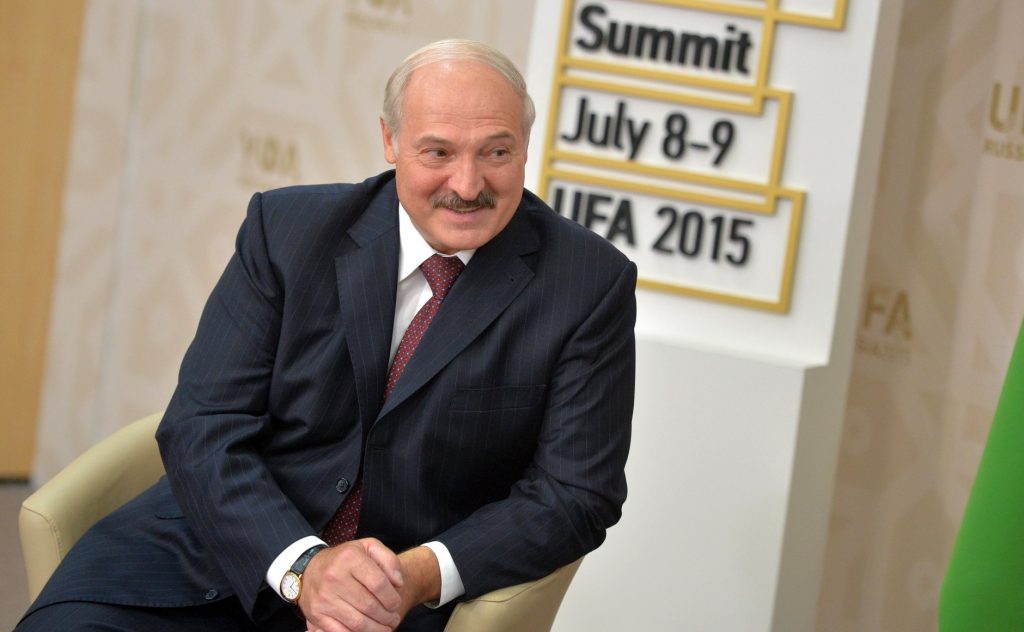
China has changed its Wolf Warrior Policy to soften its international image
“The past year saw China reassess its ‘wolf warrior diplomacy’ and introduce measured responses. Recent opinion polls in the West have shown that China’s image has become significantly more negative over the past couple of years. Due to this trend, Chinese leadership has sensed the need to use a softer, more targeted approach.”
Instead of aggressively opposing the entire nation, it now targets concrete individual and groups that they do not like. However, it is only milder in tone but the principles behind their foreign policy are the same as before.
“There have been new trends in China’s influence operations over the past year, but the dialling back of its aggressive and sweeping “wolf warrior diplomacy” does not indicate a weakening of its positions – it merely shows that China has reassessed its strategy. A calibrated media war now accounts for an even more significant part of China’s efforts to achieve its strategic goals.”
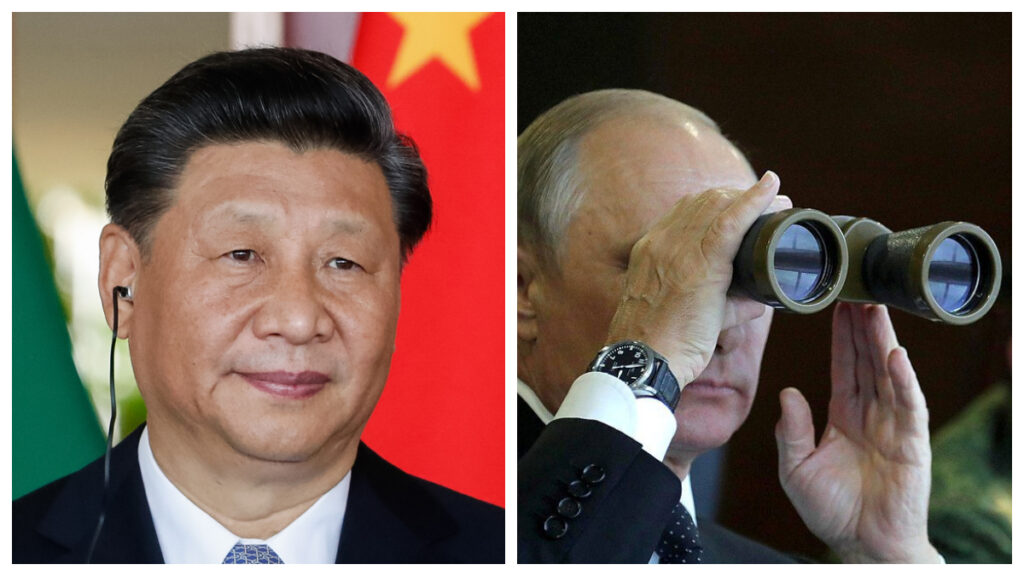
Russia needs its economic relationships with China but at the same time is aware of the posing threats
Russia and China have significantly increased their cooperation largely due to the sanction that the EU and the US posed on the former in 2014.
However, the intelligence report is sceptical on the nature of their relationship. “A rapprochement between China and Russia is only possible up to a certain point. Although speculation about a China-Russia alliance originated in Russia, Russians also realise that joining China in an alliance would make them a satellite state – something the Kremlin seeks to avoid under any circumstances.”
The report further points out in its assessment that “Russia and China will continue pragmatic cooperation in the short term. Russia’s dependence on China, and proportionately China’s influence over Russia, may increase in the longer term. Russia will then likely start looking for ways to minimise the risks. Unity and consistency in US and EU policy towards China and Russia would go a long way to reducing the risks arising from their rapprochement.”
The Estonian Intelligence Service was established in 1992, celebrating its 30th anniversary this year. Its mission is to protect Estonia against external security threats. In 2022, it released its seventh annual intelligence report for the public.

